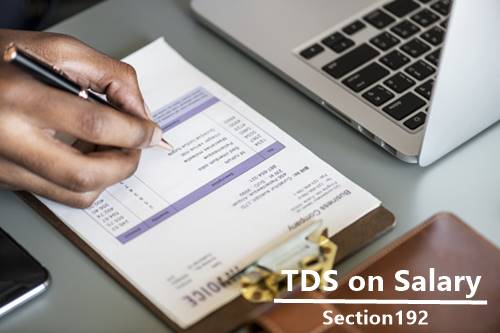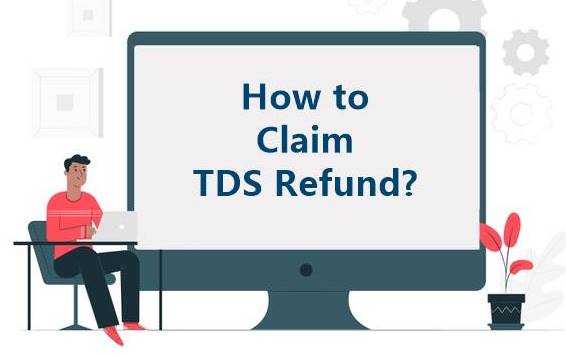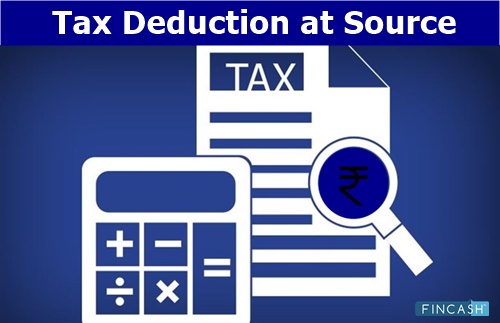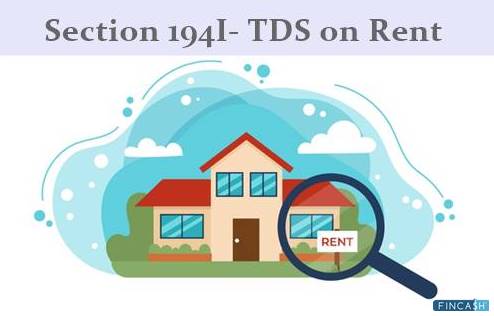
Table of Contents
Comprehending the TDS on Salary
If you are an employee, Tax Deducted at Source or TDS on salary would not be a new term to you. While every salaried individual expects Deduction of TDS every month, the concept regarding the same is quite blurred for a lot of them.
Apparently, most of the organizations and companies ask their employees to send investment declaration at the beginning of every financial year. These investment declarations are examined for accurate tax deductions.
Based on these declaration statements, the employer gets to estimate the taxable Income and deduct monthly before paying the salary to the employees. So, what exactly is TDS, and how does it get deducted? This post endeavours to clear out all of your confusion.

What is TDS Deduction on Salary?
It simply means that the employer has deducted the tax at the time of initiating the salary every month. This amount deducted in the form of TDS is then deposited with the government through the employer. However, keep in mind that before deducting TDS, an employer should have TAN registration.
TDS Calculation on Salary
The Cost to Company (CTC) that the employer puts in front of you at the time of joining usually comprises different components, such as a travel allowance, medical allowance, house rent allowance, dearness allowance, special allowances, basic salary, and other additional allowances.
Majorly, the CTC is divided into two different categories - perquisites and salary. While the latter one is the basic amount that you receive in hand, the former one includes benefits and facilities that the employer provides for different expenses, like hotel, fuel, canteen, travelling and more.
TDS calculation on salary is based on the estimate of all of these perks, benefits and the salary that you get from your employer.
What is TDS Statement?
The employer has to provide Form 16 that contains the information of salary, including the amount paid and the tax deducted. This may also be accompanied by Form 12B to display specific profits as far as the salary is concerned.
Talk to our investment specialist
Who is Allowed to Deduct TDS?
Under Sec 192 of the income tax act, employers are allowed to deduct TDS. The list includes:
- Companies (Private or Public)
- Co-operative Societies
- Individuals
- Partnership Firms
- Hindu Undivided Families (HUFs)
- Trusts
It is mandatory for all of these employees to deduct TDS at a certain time period and deposit the same to the government.
When does TDS get Deducted?
TDS is deducted at the time when the actual salary is being paid. The tax shall also be deducted in case the employer is paying salary in advance, or if you are receiving any sort of arrears from your employer. However, if your estimated salary does not exceed the basic limit of exemption, TDS is not going to be deducted.
The below-mentioned table signifies the basic exemption limit according to the age of individuals who don't require TDS deduction:
| Age | Minimum Income |
|---|---|
| Indian residents with less than 60 years of age | Rs. 2.5 lakhs |
| Senior citizens with 60 years to less than 80 years of age | Rs. 3 lakhs |
| Super senior citizens with more than 80 years of age | Rs. 5 lakhs |
TDS on Salary 2019-20
Apparently, the TDS rate has not been specified under section 192. TDS is deducted according to the Income Tax slab and the rates as applicable to the financial year for which the salary is being paid. Initially, your salary is calculated after keeping in mind the deductions that are applicable, and afterwards, the tax is calculated as per the Tax Rate applicable for you.
Usually, the tax calculation is executed by the employer at the beginning of the financial year. TDS can be deducted by dividing your approximate Tax Liability by the number of months you have been employed under that specific employer.
But, if you don't possess a PAN Card, TDS then will be deducted at a 20% rate after excluding education and higher education cess.
Do you take Salaries from more than one Employer?
In case you are engaged with more than one employer at the same time, the required information about your TDS and salary should be mentioned in the form 12B to any one of your employees. Once the employee has received the relevant information, he can then compute your gross salary so as to deduct TDS.
If you don't provide details of income from other employers, each of them will be deducting TDS from the salaries paid by them respectively.
Advantages of TDS
- Averts tax evading
- Ensures a steady revenue source for the government
- Widens the base of tax collection
- Responsibilities get lessened from tax deductors and agencies
- A convenient way of paying Taxes
Final Words
Since it gets deducted at the source, you, as an employee, are saved from undergoing the hassles of payment. And then, if your employee fails to pay the deducted TDS on salary within the given timeline, he will have to bear the penalties, keeping you away from the mess.
All efforts have been made to ensure the information provided here is accurate. However, no guarantees are made regarding correctness of data. Please verify with scheme information document before making any investment.












